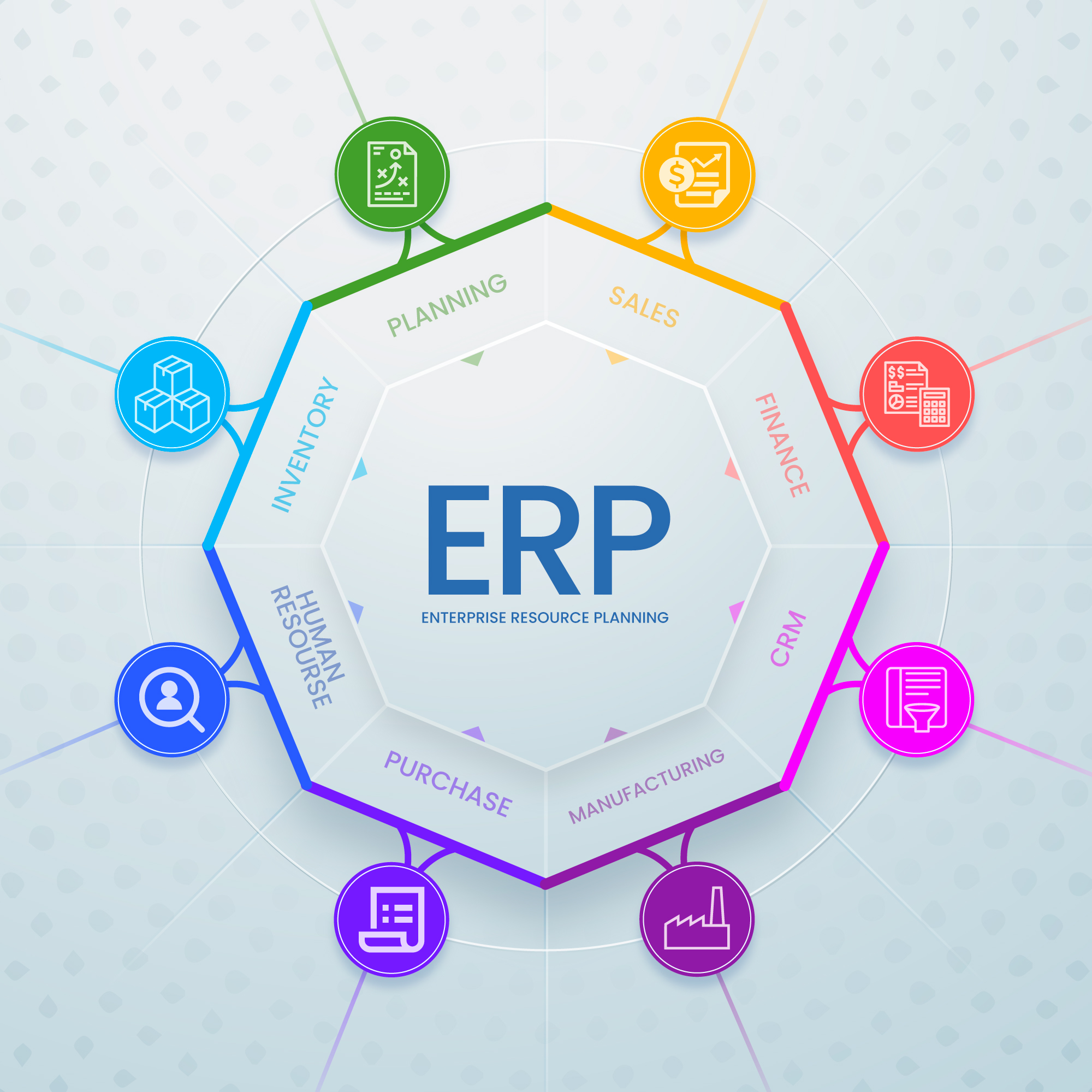Maximizing ROI with cloud-based ERP systems: a comprehensive guide
- 1 Understanding the basics of cloud-based ERP
- 1.1 The strategic implementation process
- 1.2 Assessing the Impact on IT Infrastructure:
- 1.3 Prioritizing clear objectives
- 1.4 The role of customization and integration
- 1.5 A focus on user adoption and training
- 1.6 Leveraging Analytics for Informed Decision-Making
- 1.7 Continuous improvement and support
- 1.8 Monitoring the system’s performance
- 1.9 Balancing cost and value
- 1.10 The Significance of Vendor Selection and Partnership
- 1.11 The road to excellence: navigating cloud ERP implementation for maximum ROI
Implementing a technology solution that streamlines business processes and enhances efficiency is crucial in the fast-paced modern business environment. Cloud-based Enterprise Resource Planning (ERP) systems, like NetSuite, have emerged as transformative tools for companies of different sizes and sectors.
But how does a business ensure its investment in this advanced technology pays off? This comprehensive guide unveils strategies for maximizing Return on Investment (ROI) when adopting cloud-based ERP systems.
Understanding the basics of cloud-based ERP
Before we delve into optimizing ROI, we must comprehend what cloud-based ERP systems entail. Unlike traditional on-premises solutions, these systems are hosted on the provider’s servers and accessed via the Internet. They offer real-time data insights, improved scalability, and lower upfront costs, making them attractive to organizations looking to enhance their operations without significant capital investment.
The strategic implementation process
Careful planning and execution of a NetSuite implementation are crucial to reaping the full benefits. Businesses must consider their unique requirements and ensure the ERP solution aligns with their operational goals. This involves thoroughly analyzing current processes and creating an explicit integration and staff training roadmap.
Assessing the Impact on IT Infrastructure:
A crucial step in the ERP implementation process is evaluating the existing IT infrastructure and determining the necessary upgrades or changes to support the new cloud-based system. This assessment should include network stability, security measures, and current hardware and software compatibility. Ensuring your IT infrastructure can handle the demands of a cloud-based ERP is vital for smooth operation and optimal performance. This preparation helps avoid potential bottlenecks and security vulnerabilities, enhancing the ERP system’s overall ROI.
Prioritizing clear objectives
One of the first steps in a successful cloud-based ERP strategy is setting clear objectives. A business must identify the specific processes it intends to improve and the goals it aims to achieve with the new system. It allows for measured progress and helps keep the implementation focused and efficient.
The role of customization and integration
While cloud-based ERPs come with many out-of-the-box features, customization to fit unique business needs can significantly influence the ROI. Customizing workflows, dashboards, and functionality to match company-specific processes can increase user adoption and productivity. Additionally, integrating the ERP with existing systems prevents data silos and enhances the flow of information across departments.
A focus on user adoption and training
One critical component of a successful ERP rollout is ensuring the staff fully understand how to use the new system. Comprehensive training programs that cater to different learning styles and skill levels are indispensable. It is crucial that every user from various departments feels confident in using the new system, which helps reduce resistance and increase the technology’s effectiveness.
Leveraging Analytics for Informed Decision-Making
Beyond user adoption, cloud-based ERP systems’ power lies in their ability to provide deep insights through advanced analytics. Companies should leverage these analytics capabilities to uncover trends, predict outcomes, and make data-driven decisions. Training staff not only on the operational use of the ERP but also on interpreting and applying analytics insights can transform how decisions are made within the organization. This strategic use of data enhances efficiency, reduces costs, and ultimately contributes to a higher ROI from the ERP investment.
Continuous improvement and support
Deployment of an ERP system is not the end but the beginning of an ongoing process of improvement and adaptation. Companies should adopt a culture of continuous optimization, where feedback is regularly collected and analyzed to make necessary adjustments. Robust support from the ERP vendor, including regular updates and assistance, is vital to maintaining system health and relevance.
Monitoring the system’s performance
Regularly monitoring the system’s performance is non-negotiable to ensure that the investment yields the desired returns. Businesses should establish KPIs that align with their initial objectives and consistently track them. This approach allows for a timely response to any issues and helps refine the strategy to maximize benefits.
Balancing cost and value
While aiming to maximize ROI, cost management should not overshadow the value gained from the ERP system. Cutting corners or skimping on essential features and support can cost more in the long run due to inefficiencies and lost opportunities. It is about striking the right balance between affordability and the rich functionality that a cloud-based ERP system offers.
The Significance of Vendor Selection and Partnership
Choosing the right ERP vendor goes beyond comparing features and costs. It’s about establishing a strategic partnership with a provider that understands your industry’s unique challenges and is committed to your success. Look for vendors who offer software and a partnership that includes access to industry best practices, strategic guidance, and ongoing support.
A vendor that actively works with you to achieve your business objectives can significantly influence the ROI of your ERP system. This partnership ensures that your ERP solution evolves in line with your business needs, providing sustained value and support as your company grows and adapts to market changes.
The road to excellence: navigating cloud ERP implementation for maximum ROI
Maximizing ROI with cloud-based ERP systems, such as NetSuite, necessitates a well-thought-out implementation strategy that aligns with business objectives and integrates smoothly with current operations.
Customization, user training, and ongoing improvement and support play pivotal roles in harnessing the full potential of these advanced systems. By closely monitoring performance and focusing on cost and value, businesses can ensure that their investment in cloud-based ERP delivers a robust return and propels them towards more outstanding operational excellence.

















